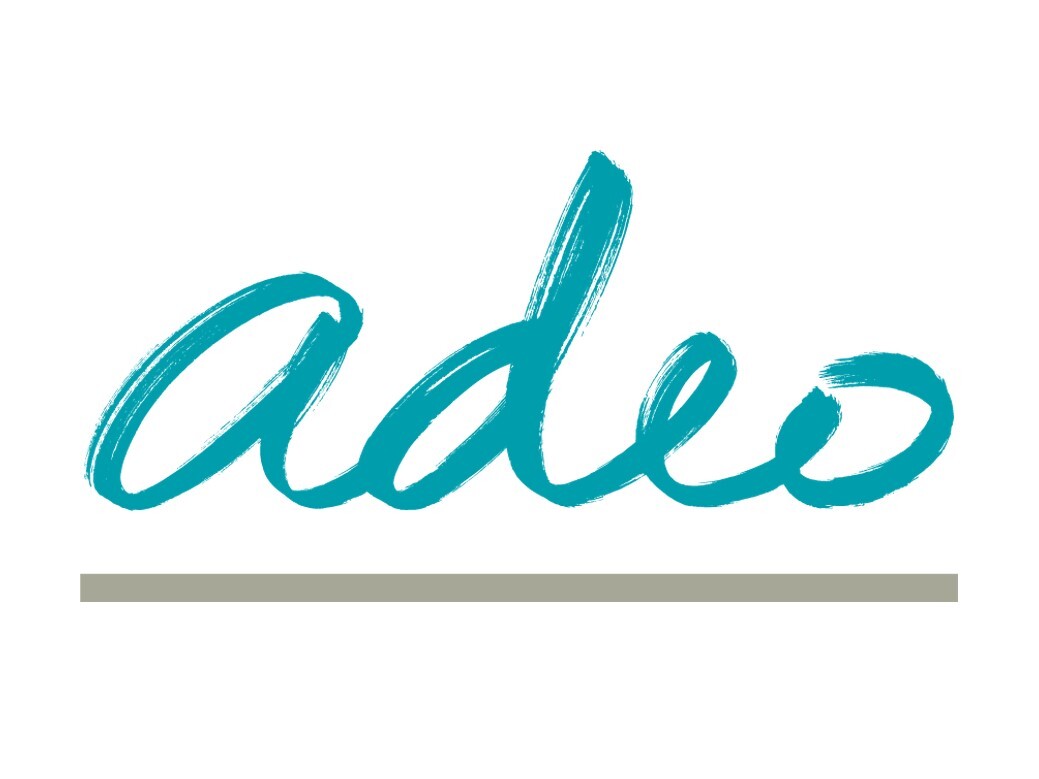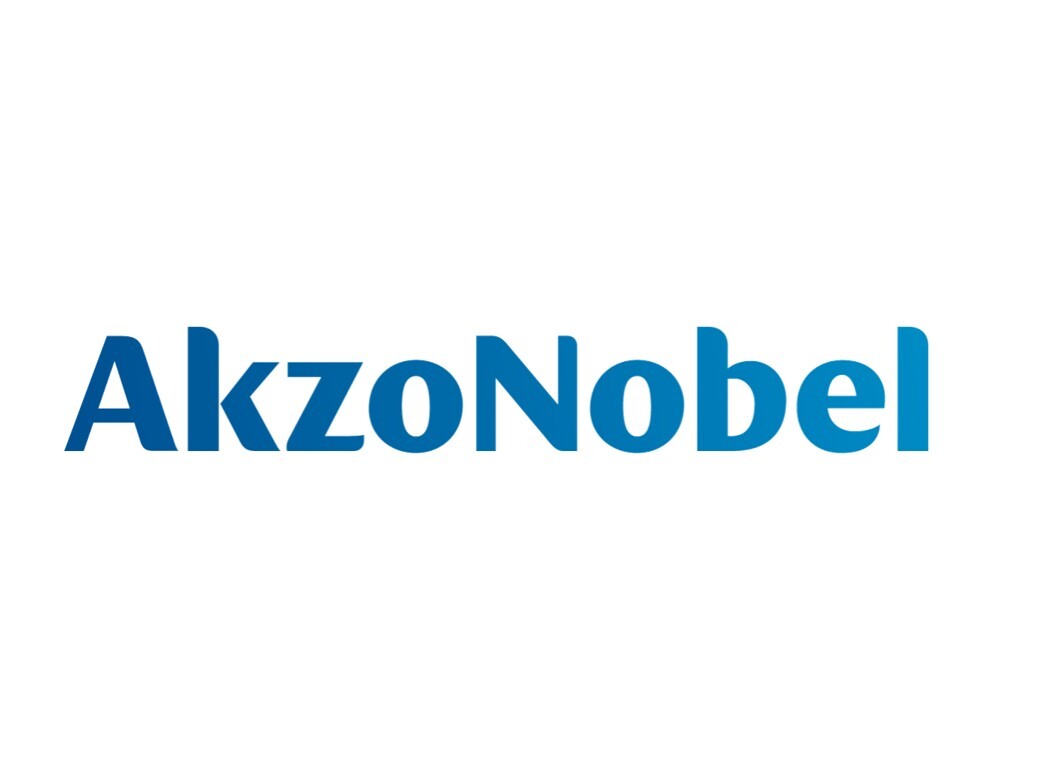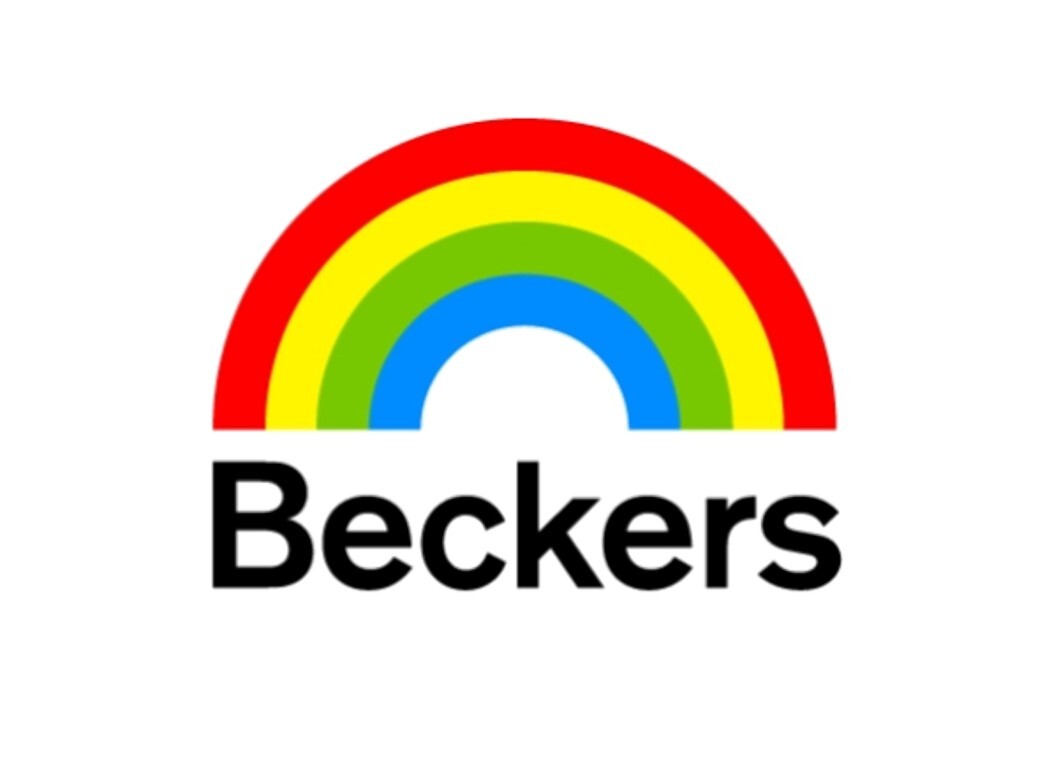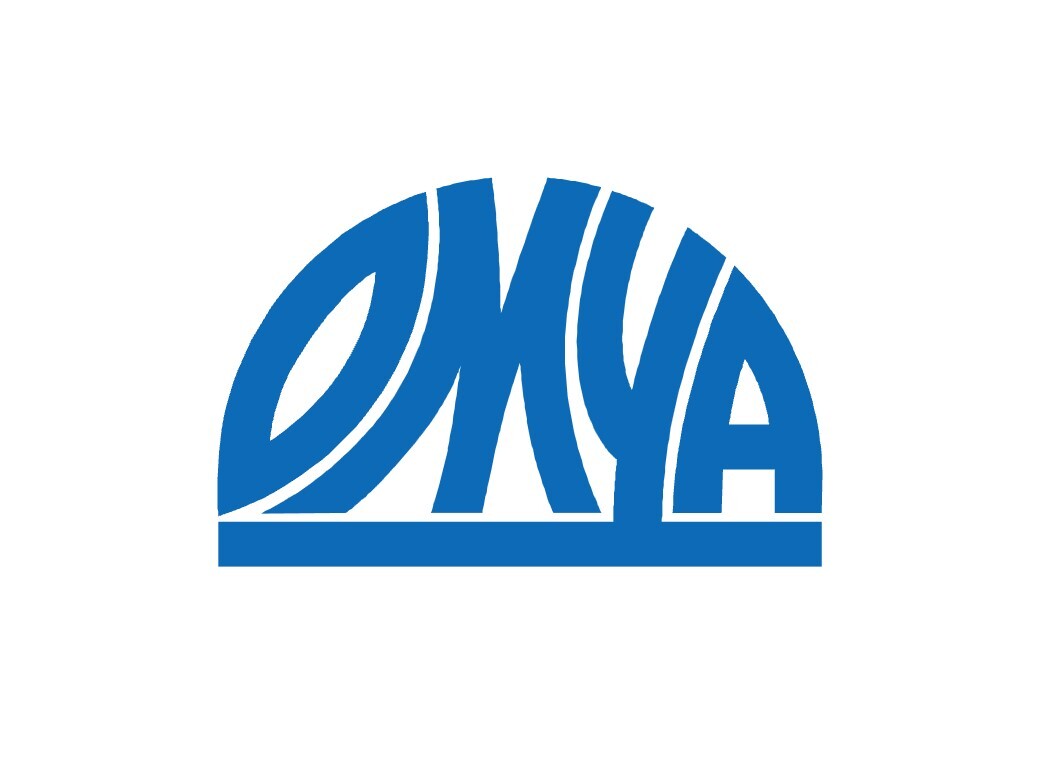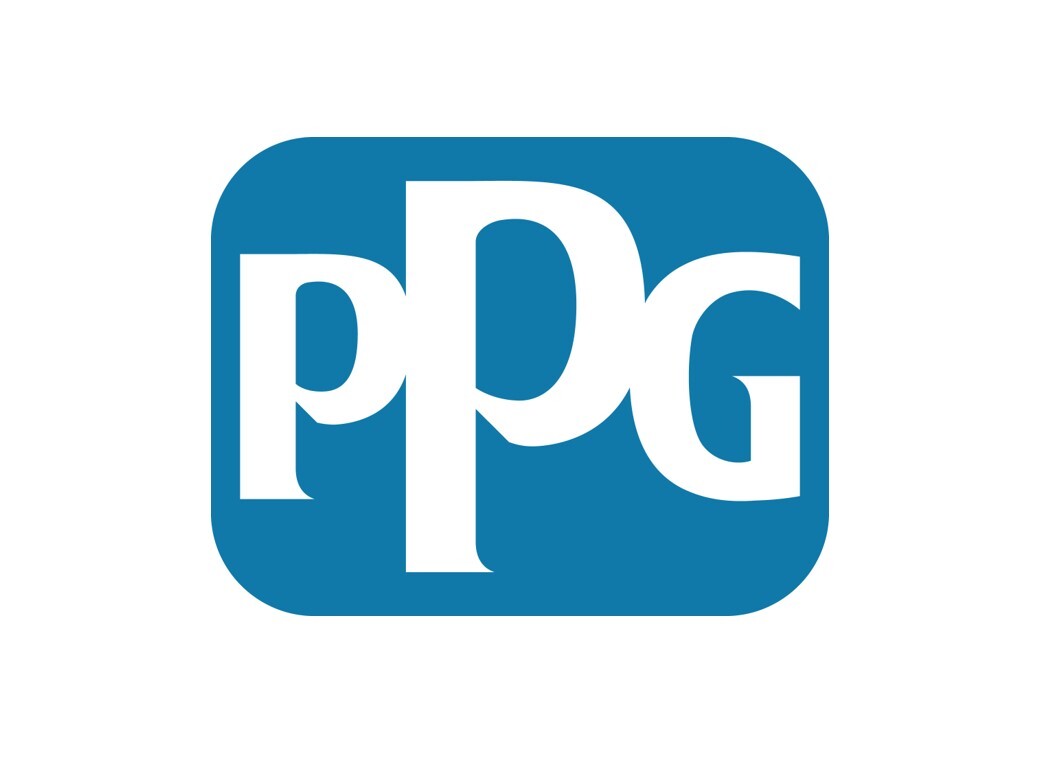%20(1).jpg)
阿科玛全球电池市场经理Woldemar D'AMBRIERES在与《电动汽车设计与制造》的访谈中就阿科玛的新材料和新技术研究如何支持下一代电池开发分享了独到见解。
Navigating the Future: Challenges and Innovations in the EV Battery Industry with Arkema
“使用质量平衡*方法开发生物特性材料是一种快速和互补的途径,可以为我们在该地区的客户提供高性能解决方案,更循环的采购,并减少温室气体排放。”
What are some of the latest developments in materials for EV batteries?
Arkema aggressively explores new technologies and materials that support next-generation battery development. Recent activity includes:
Through the Proionic acquisition, Arkema is developing new materials, specifically ionic liquids, that are critical to advancing next-generation technologies such as semi-solid-state batteries.
In May of 2023, Arkema acquired Polytec PT, a Germany-based developer of thermal interfaces for batteries and engineering adhesives. Through this acquisition, Arkema is exploring and developing a wide range of adhesives solutions that strengthen the Bostik brand. They include innovative solutions for thermal management and recyclability.
In April of 2023, Arkema introduced a new range of Incellion sustainable waterborne acrylic solutions for high-capacity anodes, cathode primers and ceramic-coated separators inside the battery cell. Products in this new line included advanced binders, dispersants, and rheology modifiers.
In December of 2023, Arkema finalized the acquisition of a 54% stake in PI Advanced Materials (PIAM) in South Korea. Through this acquisition, Arkema supports the development of cutting-edge materials offering exceptionally high temperature resistance, dimensional stability, flexibility, and electric insulation. These include polyimide films for flexible printed circuit boards and graphite sheets used in EV batteries and other electronics.
Sustainable EV Batteries: Arkema's Innovative Materials
“使用质量平衡*方法开发生物特性材料是一种快速和互补的途径,可以为我们在该地区的客户提供高性能解决方案,更循环的采购,并减少温室气体排放。”
What are some challenges the EV battery industry is currently facing?
The EV battery industry is facing challenges related to range, charging speed, safety, and sustainability. Despite significant advancements in the past few years, users are looking for greater range and faster charging from EV vehicles. Thermal runaway and overheating persist as safety considerations and access/availability to raw materials raises sustainability challenges.
The EV battery industry is continually making progress in all of these areas, making technology more competitive and viable every day, as electrification rates of new car sales may reach 50% by 2030 and up to 75% by 2040.
How is Arkema working to address these challenges?
CONTINUOUS INNOVATION. As new battery technologies could reach up to 50% capacities by 2040, Arkema puts strong R&D efforts to support its customers and partners in the development of sodium-ion, lithium-sulfur, solid, and semi-solid-state batteries.
RANGE. To help improve the range of EV batteries, Arkema is working directly with cell manufacturers and partners such as Proionic to increase energy density – proposing next-generation binders, such as high silicon options, and by advancing new technologies such as semi-solid and all-solid-state batteries.
CHARGING SPEED. To address charging speed, Arkema is developing specialty additives for electrolyte and carbon nanotube solutions that enhance electroconductivity.
SAFETY. In April 2024, Arkema announced an agreement to acquire a majority stake of nearly 78% in Proionic, a leading startup in the production and development of non-flammable ionic liquids. Ionic liquids are a key component for next-generation lithium-ion batteries. These new liquids developed by Proionic can significantly improve safety factors during both manufacturing and battery operations.
SUSTAINABILITY. Sustainability is the primary driver behind everything Arkema does. In the EV battery market, Arkema, through the Bostik brand, is working on new adhesive solutions enabling better recyclability and modular repairability (in other words, the ability to replace parts of the battery without having to replace the entire thing).
In addition, Arkema is constantly developing more sustainable solutions, such as biobased polyamides, to replace more traditional materials in this industry, as well as UV/LED solvent-free and low-energy intensive applications for insulation coating on the cells.
Exploring the Advantages and Innovations of Dry Manufacturing at Arkema
“使用质量平衡*方法开发生物特性材料是一种快速和互补的途径,可以为我们在该地区的客户提供高性能解决方案,更循环的采购,并减少温室气体排放。”
What are some challenges the EV battery industry is currently facing?
The EV battery industry is facing challenges related to range, charging speed, safety, and sustainability. Despite significant advancements in the past few years, users are looking for greater range and faster charging from EV vehicles. Thermal runaway and overheating persist as safety considerations and access/availability to raw materials raises sustainability challenges.
The EV battery industry is continually making progress in all of these areas, making technology more competitive and viable every day, as electrification rates of new car sales may reach 50% by 2030 and up to 75% by 2040.
How is Arkema working to address these challenges?
CONTINUOUS INNOVATION. As new battery technologies could reach up to 50% capacities by 2040, Arkema puts strong R&D efforts to support its customers and partners in the development of sodium-ion, lithium-sulfur, solid, and semi-solid-state batteries.
RANGE. To help improve the range of EV batteries, Arkema is working directly with cell manufacturers and partners such as Proionic to increase energy density – proposing next-generation binders, such as high silicon options, and by advancing new technologies such as semi-solid and all-solid-state batteries.
CHARGING SPEED. To address charging speed, Arkema is developing specialty additives for electrolyte and carbon nanotube solutions that enhance electroconductivity.
SAFETY. In April 2024, Arkema announced an agreement to acquire a majority stake of nearly 78% in Proionic, a leading startup in the production and development of non-flammable ionic liquids. Ionic liquids are a key component for next-generation lithium-ion batteries. These new liquids developed by Proionic can significantly improve safety factors during both manufacturing and battery operations.
SUSTAINABILITY. Sustainability is the primary driver behind everything Arkema does. In the EV battery market, Arkema, through the Bostik brand, is working on new adhesive solutions enabling better recyclability and modular repairability (in other words, the ability to replace parts of the battery without having to replace the entire thing).
In addition, Arkema is constantly developing more sustainable solutions, such as biobased polyamides, to replace more traditional materials in this industry, as well as UV/LED solvent-free and low-energy intensive applications for insulation coating on the cells.
Exploring the Advantages and Innovations of Dry Manufacturing at Arkema
What are some challenges the EV battery industry is currently facing?
The EV battery industry is facing challenges related to range, charging speed, safety, and sustainability. Despite significant advancements in the past few years, users are looking for greater range and faster charging from EV vehicles. Thermal runaway and overheating persist as safety considerations and access/availability to raw materials raises sustainability challenges.
The EV battery industry is continually making progress in all of these areas, making technology more competitive and viable every day, as electrification rates of new car sales may reach 50% by 2030 and up to 75% by 2040.
How is Arkema working to address these challenges?
CONTINUOUS INNOVATION. As new battery technologies could reach up to 50% capacities by 2040, Arkema puts strong R&D efforts to support its customers and partners in the development of sodium-ion, lithium-sulfur, solid, and semi-solid-state batteries.
RANGE. To help improve the range of EV batteries, Arkema is working directly with cell manufacturers and partners such as Proionic to increase energy density – proposing next-generation binders, such as high silicon options, and by advancing new technologies such as semi-solid and all-solid-state batteries.
CHARGING SPEED. To address charging speed, Arkema is developing specialty additives for electrolyte and carbon nanotube solutions that enhance electroconductivity.
SAFETY. In April 2024, Arkema announced an agreement to acquire a majority stake of nearly 78% in Proionic, a leading startup in the production and development of non-flammable ionic liquids. Ionic liquids are a key component for next-generation lithium-ion batteries. These new liquids developed by Proionic can significantly improve safety factors during both manufacturing and battery operations.
SUSTAINABILITY. Sustainability is the primary driver behind everything Arkema does. In the EV battery market, Arkema, through the Bostik brand, is working on new adhesive solutions enabling better recyclability and modular repairability (in other words, the ability to replace parts of the battery without having to replace the entire thing).
In addition, Arkema is constantly developing more sustainable solutions, such as biobased polyamides, to replace more traditional materials in this industry, as well as UV/LED solvent-free and low-energy intensive applications for insulation coating on the cells.
Exploring the Advantages and Innovations of Dry Manufacturing at Arkema
“使用质量平衡*方法开发生物特性材料是一种快速和互补的途径,可以为我们在该地区的客户提供高性能解决方案,更循环的采购,并减少温室气体排放。”
What are some challenges the EV battery industry is currently facing?
The EV battery industry is facing challenges related to range, charging speed, safety, and sustainability. Despite significant advancements in the past few years, users are looking for greater range and faster charging from EV vehicles. Thermal runaway and overheating persist as safety considerations and access/availability to raw materials raises sustainability challenges.
The EV battery industry is continually making progress in all of these areas, making technology more competitive and viable every day, as electrification rates of new car sales may reach 50% by 2030 and up to 75% by 2040.
How is Arkema working to address these challenges?
CONTINUOUS INNOVATION. As new battery technologies could reach up to 50% capacities by 2040, Arkema puts strong R&D efforts to support its customers and partners in the development of sodium-ion, lithium-sulfur, solid, and semi-solid-state batteries.
RANGE. To help improve the range of EV batteries, Arkema is working directly with cell manufacturers and partners such as Proionic to increase energy density – proposing next-generation binders, such as high silicon options, and by advancing new technologies such as semi-solid and all-solid-state batteries.
CHARGING SPEED. To address charging speed, Arkema is developing specialty additives for electrolyte and carbon nanotube solutions that enhance electroconductivity.
SAFETY. In April 2024, Arkema announced an agreement to acquire a majority stake of nearly 78% in Proionic, a leading startup in the production and development of non-flammable ionic liquids. Ionic liquids are a key component for next-generation lithium-ion batteries. These new liquids developed by Proionic can significantly improve safety factors during both manufacturing and battery operations.
SUSTAINABILITY. Sustainability is the primary driver behind everything Arkema does. In the EV battery market, Arkema, through the Bostik brand, is working on new adhesive solutions enabling better recyclability and modular repairability (in other words, the ability to replace parts of the battery without having to replace the entire thing).
In addition, Arkema is constantly developing more sustainable solutions, such as biobased polyamides, to replace more traditional materials in this industry, as well as UV/LED solvent-free and low-energy intensive applications for insulation coating on the cells.
“使用质量平衡*方法开发生物特性材料是一种快速和互补的途径,可以为我们在该地区的客户提供高性能解决方案,更循环的采购,并减少温室气体排放。”
What are some challenges the EV battery industry is currently facing?
The EV battery industry is facing challenges related to range, charging speed, safety, and sustainability. Despite significant advancements in the past few years, users are looking for greater range and faster charging from EV vehicles. Thermal runaway and overheating persist as safety considerations and access/availability to raw materials raises sustainability challenges.
The EV battery industry is continually making progress in all of these areas, making technology more competitive and viable every day, as electrification rates of new car sales may reach 50% by 2030 and up to 75% by 2040.
How is Arkema working to address these challenges?
CONTINUOUS INNOVATION. As new battery technologies could reach up to 50% capacities by 2040, Arkema puts strong R&D efforts to support its customers and partners in the development of sodium-ion, lithium-sulfur, solid, and semi-solid-state batteries.
RANGE. To help improve the range of EV batteries, Arkema is working directly with cell manufacturers and partners such as Proionic to increase energy density – proposing next-generation binders, such as high silicon options, and by advancing new technologies such as semi-solid and all-solid-state batteries.
CHARGING SPEED. To address charging speed, Arkema is developing specialty additives for electrolyte and carbon nanotube solutions that enhance electroconductivity.
SAFETY. In April 2024, Arkema announced an agreement to acquire a majority stake of nearly 78% in Proionic, a leading startup in the production and development of non-flammable ionic liquids. Ionic liquids are a key component for next-generation lithium-ion batteries. These new liquids developed by Proionic can significantly improve safety factors during both manufacturing and battery operations.
SUSTAINABILITY. Sustainability is the primary driver behind everything Arkema does. In the EV battery market, Arkema, through the Bostik brand, is working on new adhesive solutions enabling better recyclability and modular repairability (in other words, the ability to replace parts of the battery without having to replace the entire thing).
In addition, Arkema is constantly developing more sustainable solutions, such as biobased polyamides, to replace more traditional materials in this industry, as well as UV/LED solvent-free and low-energy intensive applications for insulation coating on the cells.
Exploring the Advantages and Innovations of Dry Manufacturing at Arkema
“使用质量平衡*方法开发生物特性材料是一种快速和互补的途径,可以为我们在该地区的客户提供高性能解决方案,更循环的采购,并减少温室气体排放。”
What are some challenges the EV battery industry is currently facing?
The EV battery industry is facing challenges related to range, charging speed, safety, and sustainability. Despite significant advancements in the past few years, users are looking for greater range and faster charging from EV vehicles. Thermal runaway and overheating persist as safety considerations and access/availability to raw materials raises sustainability challenges.
The EV battery industry is continually making progress in all of these areas, making technology more competitive and viable every day, as electrification rates of new car sales may reach 50% by 2030 and up to 75% by 2040.
How is Arkema working to address these challenges?
CONTINUOUS INNOVATION. As new battery technologies could reach up to 50% capacities by 2040, Arkema puts strong R&D efforts to support its customers and partners in the development of sodium-ion, lithium-sulfur, solid, and semi-solid-state batteries.
RANGE. To help improve the range of EV batteries, Arkema is working directly with cell manufacturers and partners such as Proionic to increase energy density – proposing next-generation binders, such as high silicon options, and by advancing new technologies such as semi-solid and all-solid-state batteries.
CHARGING SPEED. To address charging speed, Arkema is developing specialty additives for electrolyte and carbon nanotube solutions that enhance electroconductivity.
SAFETY. In April 2024, Arkema announced an agreement to acquire a majority stake of nearly 78% in Proionic, a leading startup in the production and development of non-flammable ionic liquids. Ionic liquids are a key component for next-generation lithium-ion batteries. These new liquids developed by Proionic can significantly improve safety factors during both manufacturing and battery operations.
SUSTAINABILITY. Sustainability is the primary driver behind everything Arkema does. In the EV battery market, Arkema, through the Bostik brand, is working on new adhesive solutions enabling better recyclability and modular repairability (in other words, the ability to replace parts of the battery without having to replace the entire thing).
In addition, Arkema is constantly developing more sustainable solutions, such as biobased polyamides, to replace more traditional materials in this industry, as well as UV/LED solvent-free and low-energy intensive applications for insulation coating on the cells.
Exploring the Advantages and Innovations of Dry Manufacturing at Arkema
“使用质量平衡*方法开发生物特性材料是一种快速和互补的途径,可以为我们在该地区的客户提供高性能解决方案,更循环的采购,并减少温室气体排放。”
What are some challenges the EV battery industry is currently facing?
The EV battery industry is facing challenges related to range, charging speed, safety, and sustainability. Despite significant advancements in the past few years, users are looking for greater range and faster charging from EV vehicles. Thermal runaway and overheating persist as safety considerations and access/availability to raw materials raises sustainability challenges.
The EV battery industry is continually making progress in all of these areas, making technology more competitive and viable every day, as electrification rates of new car sales may reach 50% by 2030 and up to 75% by 2040.
How is Arkema working to address these challenges?
CONTINUOUS INNOVATION. As new battery technologies could reach up to 50% capacities by 2040, Arkema puts strong R&D efforts to support its customers and partners in the development of sodium-ion, lithium-sulfur, solid, and semi-solid-state batteries.
RANGE. To help improve the range of EV batteries, Arkema is working directly with cell manufacturers and partners such as Proionic to increase energy density – proposing next-generation binders, such as high silicon options, and by advancing new technologies such as semi-solid and all-solid-state batteries.
CHARGING SPEED. To address charging speed, Arkema is developing specialty additives for electrolyte and carbon nanotube solutions that enhance electroconductivity.
SAFETY. In April 2024, Arkema announced an agreement to acquire a majority stake of nearly 78% in Proionic, a leading startup in the production and development of non-flammable ionic liquids. Ionic liquids are a key component for next-generation lithium-ion batteries. These new liquids developed by Proionic can significantly improve safety factors during both manufacturing and battery operations.
SUSTAINABILITY. Sustainability is the primary driver behind everything Arkema does. In the EV battery market, Arkema, through the Bostik brand, is working on new adhesive solutions enabling better recyclability and modular repairability (in other words, the ability to replace parts of the battery without having to replace the entire thing).
In addition, Arkema is constantly developing more sustainable solutions, such as biobased polyamides, to replace more traditional materials in this industry, as well as UV/LED solvent-free and low-energy intensive applications for insulation coating on the cells.
What are some challenges the EV battery industry is currently facing?
The EV battery industry is facing challenges related to range, charging speed, safety, and sustainability. Despite significant advancements in the past few years, users are looking for greater range and faster charging from EV vehicles. Thermal runaway and overheating persist as safety considerations and access/availability to raw materials raises sustainability challenges.
The EV battery industry is continually making progress in all of these areas, making technology more competitive and viable every day, as electrification rates of new car sales may reach 50% by 2030 and up to 75% by 2040.
How is Arkema working to address these challenges?
CONTINUOUS INNOVATION. As new battery technologies could reach up to 50% capacities by 2040, Arkema puts strong R&D efforts to support its customers and partners in the development of sodium-ion, lithium-sulfur, solid, and semi-solid-state batteries.
RANGE. To help improve the range of EV batteries, Arkema is working directly with cell manufacturers and partners such as Proionic to increase energy density – proposing next-generation binders, such as high silicon options, and by advancing new technologies such as semi-solid and all-solid-state batteries.
CHARGING SPEED. To address charging speed, Arkema is developing specialty additives for electrolyte and carbon nanotube solutions that enhance electroconductivity.
SAFETY. In April 2024, Arkema announced an agreement to acquire a majority stake of nearly 78% in Proionic, a leading startup in the production and development of non-flammable ionic liquids. Ionic liquids are a key component for next-generation lithium-ion batteries. These new liquids developed by Proionic can significantly improve safety factors during both manufacturing and battery operations.
SUSTAINABILITY. Sustainability is the primary driver behind everything Arkema does. In the EV battery market, Arkema, through the Bostik brand, is working on new adhesive solutions enabling better recyclability and modular repairability (in other words, the ability to replace parts of the battery without having to replace the entire thing).
In addition, Arkema is constantly developing more sustainable solutions, such as biobased polyamides, to replace more traditional materials in this industry, as well as UV/LED solvent-free and low-energy intensive applications for insulation coating on the cells.
Exploring the Advantages and Innovations of Dry Manufacturing at Arkema
What are some of the latest developments in materials for EV batteries?
Arkema aggressively explores new technologies and materials that support next-generation battery development. Recent activity includes:
Through the Proionic acquisition, Arkema is developing new materials, specifically ionic liquids, that are critical to advancing next-generation technologies such as semi-solid-state batteries.
In May of 2023, Arkema acquired Polytec PT, a Germany-based developer of thermal interfaces for batteries and engineering adhesives. Through this acquisition, Arkema is exploring and developing a wide range of adhesives solutions that strengthen the Bostik brand. They include innovative solutions for thermal management and recyclability.
In April of 2023, Arkema introduced a new range of Incellion sustainable waterborne acrylic solutions for high-capacity anodes, cathode primers and ceramic-coated separators inside the battery cell. Products in this new line included advanced binders, dispersants, and rheology modifiers.
In December of 2023, Arkema finalized the acquisition of a 54% stake in PI Advanced Materials (PIAM) in South Korea. Through this acquisition, Arkema supports the development of cutting-edge materials offering exceptionally high temperature resistance, dimensional stability, flexibility, and electric insulation. These include polyimide films for flexible printed circuit boards and graphite sheets used in EV batteries and other electronics.
Exploring the Advantages and Innovations of Dry Manufacturing at Arkema
“使用质量平衡*方法开发生物特性材料是一种快速和互补的途径,可以为我们在该地区的客户提供高性能解决方案,更循环的采购,并减少温室气体排放。”
What are some challenges the EV battery industry is currently facing?
The EV battery industry is facing challenges related to range, charging speed, safety, and sustainability. Despite significant advancements in the past few years, users are looking for greater range and faster charging from EV vehicles. Thermal runaway and overheating persist as safety considerations and access/availability to raw materials raises sustainability challenges.
The EV battery industry is continually making progress in all of these areas, making technology more competitive and viable every day, as electrification rates of new car sales may reach 50% by 2030 and up to 75% by 2040.
How is Arkema working to address these challenges?
CONTINUOUS INNOVATION. As new battery technologies could reach up to 50% capacities by 2040, Arkema puts strong R&D efforts to support its customers and partners in the development of sodium-ion, lithium-sulfur, solid, and semi-solid-state batteries.
RANGE. To help improve the range of EV batteries, Arkema is working directly with cell manufacturers and partners such as Proionic to increase energy density – proposing next-generation binders, such as high silicon options, and by advancing new technologies such as semi-solid and all-solid-state batteries.
CHARGING SPEED. To address charging speed, Arkema is developing specialty additives for electrolyte and carbon nanotube solutions that enhance electroconductivity.
SAFETY. In April 2024, Arkema announced an agreement to acquire a majority stake of nearly 78% in Proionic, a leading startup in the production and development of non-flammable ionic liquids. Ionic liquids are a key component for next-generation lithium-ion batteries. These new liquids developed by Proionic can significantly improve safety factors during both manufacturing and battery operations.
SUSTAINABILITY. Sustainability is the primary driver behind everything Arkema does. In the EV battery market, Arkema, through the Bostik brand, is working on new adhesive solutions enabling better recyclability and modular repairability (in other words, the ability to replace parts of the battery without having to replace the entire thing).
In addition, Arkema is constantly developing more sustainable solutions, such as biobased polyamides, to replace more traditional materials in this industry, as well as UV/LED solvent-free and low-energy intensive applications for insulation coating on the cells.
Exploring the Advantages and Innovations of Dry Manufacturing at Arkema
“使用质量平衡*方法开发生物特性材料是一种快速和互补的途径,可以为我们在该地区的客户提供高性能解决方案,更循环的采购,并减少温室气体排放。”
What are some challenges the EV battery industry is currently facing?
The EV battery industry is facing challenges related to range, charging speed, safety, and sustainability. Despite significant advancements in the past few years, users are looking for greater range and faster charging from EV vehicles. Thermal runaway and overheating persist as safety considerations and access/availability to raw materials raises sustainability challenges.
The EV battery industry is continually making progress in all of these areas, making technology more competitive and viable every day, as electrification rates of new car sales may reach 50% by 2030 and up to 75% by 2040.
How is Arkema working to address these challenges?
CONTINUOUS INNOVATION. As new battery technologies could reach up to 50% capacities by 2040, Arkema puts strong R&D efforts to support its customers and partners in the development of sodium-ion, lithium-sulfur, solid, and semi-solid-state batteries.
RANGE. To help improve the range of EV batteries, Arkema is working directly with cell manufacturers and partners such as Proionic to increase energy density – proposing next-generation binders, such as high silicon options, and by advancing new technologies such as semi-solid and all-solid-state batteries.
CHARGING SPEED. To address charging speed, Arkema is developing specialty additives for electrolyte and carbon nanotube solutions that enhance electroconductivity.
SAFETY. In April 2024, Arkema announced an agreement to acquire a majority stake of nearly 78% in Proionic, a leading startup in the production and development of non-flammable ionic liquids. Ionic liquids are a key component for next-generation lithium-ion batteries. These new liquids developed by Proionic can significantly improve safety factors during both manufacturing and battery operations.
SUSTAINABILITY. Sustainability is the primary driver behind everything Arkema does. In the EV battery market, Arkema, through the Bostik brand, is working on new adhesive solutions enabling better recyclability and modular repairability (in other words, the ability to replace parts of the battery without having to replace the entire thing).
In addition, Arkema is constantly developing more sustainable solutions, such as biobased polyamides, to replace more traditional materials in this industry, as well as UV/LED solvent-free and low-energy intensive applications for insulation coating on the cells.
Exploring the Advantages and Innovations of Dry Manufacturing at Arkema
What are some challenges the EV battery industry is currently facing?
The EV battery industry is facing challenges related to range, charging speed, safety, and sustainability. Despite significant advancements in the past few years, users are looking for greater range and faster charging from EV vehicles. Thermal runaway and overheating persist as safety considerations and access/availability to raw materials raises sustainability challenges.
The EV battery industry is continually making progress in all of these areas, making technology more competitive and viable every day, as electrification rates of new car sales may reach 50% by 2030 and up to 75% by 2040.
How is Arkema working to address these challenges?
CONTINUOUS INNOVATION. As new battery technologies could reach up to 50% capacities by 2040, Arkema puts strong R&D efforts to support its customers and partners in the development of sodium-ion, lithium-sulfur, solid, and semi-solid-state batteries.
RANGE. To help improve the range of EV batteries, Arkema is working directly with cell manufacturers and partners such as Proionic to increase energy density – proposing next-generation binders, such as high silicon options, and by advancing new technologies such as semi-solid and all-solid-state batteries.
CHARGING SPEED. To address charging speed, Arkema is developing specialty additives for electrolyte and carbon nanotube solutions that enhance electroconductivity.
SAFETY. In April 2024, Arkema announced an agreement to acquire a majority stake of nearly 78% in Proionic, a leading startup in the production and development of non-flammable ionic liquids. Ionic liquids are a key component for next-generation lithium-ion batteries. These new liquids developed by Proionic can significantly improve safety factors during both manufacturing and battery operations.
SUSTAINABILITY. Sustainability is the primary driver behind everything Arkema does. In the EV battery market, Arkema, through the Bostik brand, is working on new adhesive solutions enabling better recyclability and modular repairability (in other words, the ability to replace parts of the battery without having to replace the entire thing).
In addition, Arkema is constantly developing more sustainable solutions, such as biobased polyamides, to replace more traditional materials in this industry, as well as UV/LED solvent-free and low-energy intensive applications for insulation coating on the cells.

